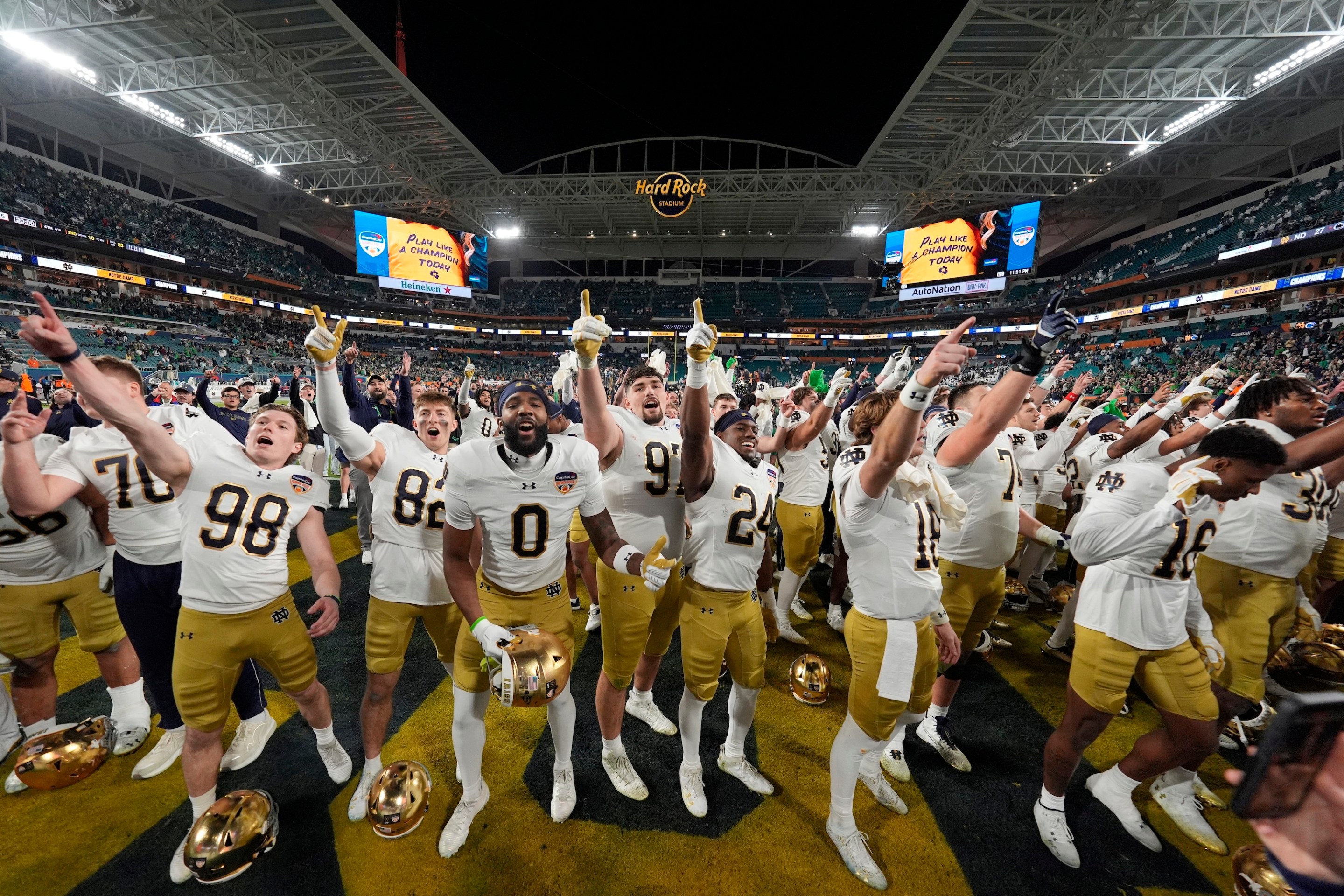It's been a disastrous offseason for the Carolina Hurricanes, a team that until very recently stood out as one of the NHL's most charismatic and fun-to-watch franchises. From both an on-ice and an image standpoint, the Canes have taken big hits this summer in the aftermath of their second-round loss in five games to the Tampa Bay Lightning. In a shock trade, they ditched promising young goaltender Alex Nedeljkovic for next to nothing and replaced him with a Leaf who lost his starting job last season and a perpetually injured Coyote. In free agency, the team failed to re-sign their top priority, Dougie Hamilton, who was a critical piece in their recent success and will now play in New Jersey. On top of all that, the Canes made a bad-tasting call by bringing in notorious dickhead Tony DeAngelo, after he'd blown his chances with three other NHL teams before even turning 26.
These moves are doubly rough for the Canes, who unlike Toronto or Detroit don't have the luxury of guaranteed media attention and fan interest no matter what kind of team they put on the ice. The hockey community largely ignored Carolina during their decade of complete irrelevance—as did their home fans—and as fun as those series wins and those Storm Surge celebrations were, the Canes are not an irreplaceable entertainment product. In fact, as a "small-market" team that wants to present itself as lovably scrappy and community-oriented, they rely more than most on the goodwill of fans.
Which brings us to this weekend's drama. Seemingly out of nowhere that evening, the Hurricanes' official Twitter account announced that they had tendered a rare offer sheet to the inconsistent yet fascinating young forward for the Montreal Canadiens, Jesperi Kotkaniemi, who is a restricted free agent.
We've tendered an Offer Sheet to Jesperi Kotkaniemi 👀 pic.twitter.com/4Mmw3n4DVr
— Carolina Hurricanes (@Canes) August 28, 2021
The Canes did not leave it at that, as most teams do with straightforward front-office news, but they proceeded to hammer home just how rude and downright wacky this offer sheet is. They reposted the news in French, presumably for the benefit of Canadiens fans, and they highlighted that the signing bonus for this apparently real one-year $6.1 million deal is a mere $20.
Les Hurricanes ont annoncé aujourd’hui avoir déposé une offre hostile au joueur autonome avec restriction Jesperi Kotkaniemi des Canadiens de la Montreal. L’entente proposée est d’une durée de un ans et d’une valeur annuelle moyenne de 6,1 millions $.
— Carolina Hurricanes (@Canes) August 28, 2021
People don’t forget pic.twitter.com/n6ujojWVwk
— Carolina Hurricanes (@Canes) August 28, 2021
That token figure is a callback that explains where this beef came from—20 is the jersey number of Hurricanes star center Sebastian Aho. In July 2019, at just 21 years old, Aho was coming off a hair-raising 30-goal, 53-assist season that saw the Canes make it to the conference final after missing the playoffs in each of the previous nine seasons. That month, Aho became the first NHL RFA in six years to actually sign another team's offer sheet, and he did it with—you guessed it—the Montreal Canadiens. The Hurricanes matched within a week—and despite the heavy signing bonuses in that contract, they probably benefited in the long-term by avoiding drawn-out negotiations with their franchise centerpiece—but they clearly were not happy about the Habs trying to swoop in and snatch Aho for themselves. This offer-sheeting of Kotkaniemi is an obvious case of petty retaliation.
Restricted free agency in the NHL is funny and frustrating for how little it's used to its full extent. It's extraordinarily rare for a team to do something like the Canadiens did and earnestly try and sign another team's top guy. Instead—like in the case of William Nylander—the only real leverage a player tends to have in these kinds of talks is the threat to just refuse to play in the NHL at all. Some of this is sound strategy on the GM side, because teams that sign other teams' RFAs have to compensate their exes handsomely with draft picks. But it's also the result of the unwritten rules of front offices, geared toward maintaining power over players: "We don't mess with your guys, you won't mess with ours, and neither of us will have to pay them what they'd be worth on the open market."
There are so many different ways that this Kotkaniemi offer sheet can be spun, but it's that last bit that mostly steers me toward being a bit depressed by it all. On the one hand, the Canes poaching Kotkaniemi from Montreal—or forcing the Habs to overpay for the mercurial youngster they healthy-scratched at the end of their playoff run—is a fun bit of hockey drama that sparks some legit bad blood in one of the most non-traditional rivalries you can find. But at the same time it isn't hard to imagine this offer sheet coming into existence specifically as a cynical way for Carolina to get its fan base back in their corner after such a dismal summer. And further, it emphasizes how much of an understatement the term "restricted" free agency really is, and raises a question that the league probably doesn't want to answer: How is it that the simple act of a team trying to legally sign a decent player qualifies as the most interesting story of the offseason?





